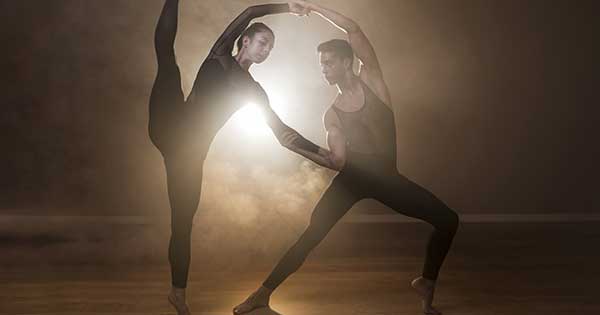PERFORMING ARTS

THE BRIDE
May 27, 2020
GOURMET GURU
May 27, 2020MUSICAL MINDSET
Nishantha Warnakulasuriya Music director, violinist and singer
BY Andrea Melisa
A musical performance encompasses several elements; and they go beyond the performance per se. Nishantha Warnakulasuriya shares his views on ‘performance psychology’ and the preparation involved in the process.
Q: How important is performance psychology in the field of music?
A: I feel that psychology and preparation play major roles in the field of performing arts, particularly music.
Most artistes train for years to develop and perfect their craft, and this is only achieved with time and experience regardless of how thorough one is in his or her technique or knowledge. Nothing beats practical experience; so with a strong mindset, you will cultivate a positive vibe especially on stage.
Q: What skills should musicians develop when it comes to performance?
A: As a performer, you need to learn to manage energy. Several other skills such as confidence, focus, discipline and preparation are also important. The more time you spend on strengthening these skills, the more skilled you become.
Q: Do performing artistes have to prep in different ways depending on their respective specialisations?
A: There are several differences but the fundamentals are the same. For instance, dance and theatre require more physical preparation than music; but every artiste needs to build the required mental strength and routine – that’s half the battle won in most cases.
Q: How is sports psychology different?
A: It’s very important to build physical strength through gym workouts, cardio, high-intensity interval training (HIIT) and so on.
In addition, musicians and artistes need to spend an equal amount of time working on improving their craft and technique including physical workouts – although they’re not as intense and demanding as for athletes.
However, what’s common is the discipline required along with focus, determination and courage to achieve goals.
Q: How can you overcome pre-performance nerves?
A: It’s quite natural and a good sign to be nervous ahead of a performance. Every performer feels this regardless of his or her age, experience or level of skill. But how you learn to cope with it is what matters.
Find something to help you calm down; yet, stay focussed, listen to music, take a stroll on the beach, talk to someone who will motivate you, meditate and so on. Most importantly, you must practise and prepare well ahead.

Q: So is peak performance attainable?
A: Yes. With diligent practice, you can perform really well. It takes years of hard work but it is possible. I believe that having a growth mindset is extremely important; and sometimes, regardless of the result, the simple fact of trying goes a long way. That’s what matters the most.
PRE-PERFORMANCE TIPS
- Practice makes perfect! As most experienced performers will acknowledge, the time and prep work leading up to a performance are really important. A performance is simply the reflection of all the work that goes in beforehand.
- When undertaking a project, ascertain the commitment and hours needed to execute it.
- Undertake sufficient research on what you are performing and why you’re doing so – for instance, understand the piece or song thoroughly.
- Keep practising to a set routine.
- Record, evaluate yourself and seek feedback.








